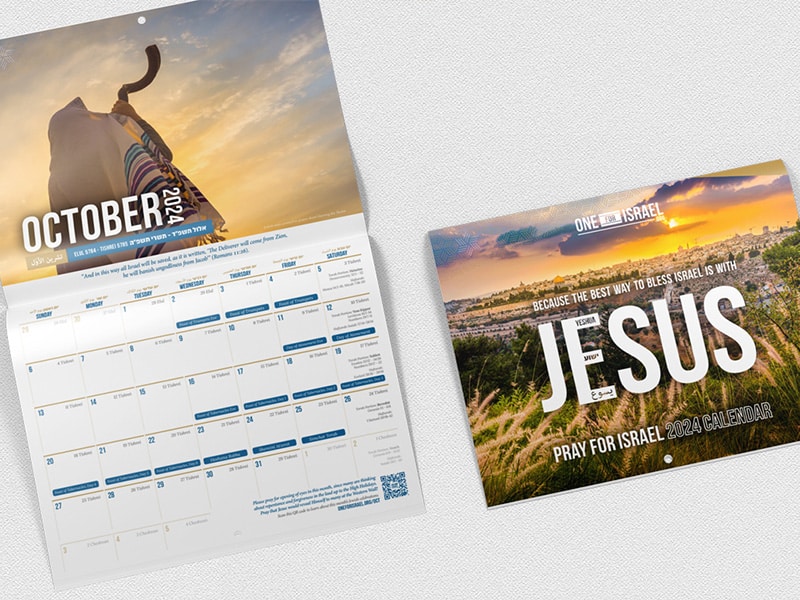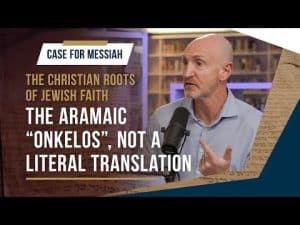The Feast of Sukkot is a time of rejoicing and ingathering, but here we will concentrate on the waving of the four species, and the welcoming of Ushpizin (guests), and how Gentiles are very much included in this feast!
The Lulav and Etrog – The commandment to wave the four species:
And you shall take on the first day the fruit of splendid [citron / הדר] trees, branches of palm trees and boughs of leafy trees [myrtle] and willows of the brook, and you shall rejoice before the Lord your God for seven days. (Leviticus 23:40)
So you need to find a citron fruit, palm branches, and boughs from myrtle and willow trees, and rejoice with them. This has become known as waving the lulav and etrog – the lulav is the closed leaves of a date palm branch, which looks like a stick, and when you bind the three branches together, they are collectively called the lulav. The etrog is a citron fruit a bit like a lemon, and people can go to extraordinary lengths to find a really beautiful one! The collection of leaves are held together, along with the etrog (citron fruit) and, after reciting a blessing, they are waved in six directions: forward, backward, left, right, up and down. This symbolizes God’s dominion and sovereignty over all creation. There are several ideas about why God chose these four species, but He doesn’t say why. Nor does He say how you should use them to rejoice, but over time, the Jewish people have formed their traditions and ways to fulfill this commandment.
Ushpizin – the tradition of guests in the sukkah
Another aspect that has developed in Jewish tradition is that of Ushpizin, which means guests in Aramaic. For significant parts of their history, the Jewish people lived in Babylon (or under Babylonian rule) and so much of the early Rabbinic writings were in Aramaic. Over time, more elaborate prescriptions about which Biblical characters should be metaphorically entertained under the thatched roof of the sukkah developed, but it all points to welcoming the most important guest of all in our midst.
Guests in the Sukkah of David
““In that day I will raise up the tabernacle [sukkah] of David that is fallen and repair its breaches, and raise up its ruins and rebuild it as in the days of old, that they may possess the remnant of Edom and all the nations who are called by my name,” declares the Lord who does this.” Amos 9:11-12
What does this mean? Before Yeshua came, Gentiles were considered idol worshippers from whom it was important to keep a safe distance. The concept that the God of Israel wanted to include them too was far from most Jewish minds. When the Holy Spirit fell on “all flesh” it caused much consternation! What is this? Could the gospel be for the Gentiles too? When the first Jewish followers had gathered for the Council of Jerusalem to discuss this controversial matter, James, the brother of Jesus, quoted this same passage from Amos. More than that, Zechariah 14 tells us that eventually all the nations will actually be required to celebrate Sukkot! James said that the prophets had foreseen the inclusion of the Gentiles, and that we were all supposed to be welcomed into the family sukkah of David:
“‘After this I will return, and I will rebuild the tent of David that has fallen; I will rebuild its ruins, and I will restore it, that the remnant [the rest] of mankind may seek the Lord, and all the Gentiles who are called by my name, says the Lord, who makes these things known from of old.” (Acts 15:16-18)
You can see that the Greek conveyed it slightly differently, but the point remains – together, we can build again a dwelling place for God. Not only are the Gentiles now welcome guests in the sukkah, but together we are also preparing a place for Yeshua, the guest of honor. Or as Paul puts it, “In him you also are being built together into a dwelling place for God by the Spirit” (Ephesians 2:22). In the past, God dwelt in the tabernacle in the desert, then in the House that King David and his son Solomon built for Him, but after the second temple was destroyed shortly after Yeshua, God had already made provision for His next dwelling place. In us. The Word became flesh and dwelt among us (Immanuel, God with us), and then He sent His Spirit to live in us. As someone once put it, He doesn’t just want to come and visit, He wants to move in!
Signs of the Times
The feasts, as you may well know, also point to God’s grand redemption plan. Passover, the first in the yearly cycle, points to Yeshua’s sacrificial death on the cross to purchase our freedom. Celebrating the firstfruits at Shavuot points to His resurrection, and the three fall feasts point to events still to come in God’s calendar. The Feast of Trumpets will herald Yeshua’s glorious return, Yom Kippur pertains to the Day of Judgement, and last of all, Sukkot speaks to us of our eternal home with God. The marriage of the Bride and the Lamb, when they can finally “move in together” and enjoy one another’s company forever.
Here is the picture God has painted for us right at the end of the Bible in Revelation 21:1-4
“Then I saw a new heaven and a new earth, for the first heaven and the first earth had passed away, and the sea was no more. And I saw the holy city, new Jerusalem, coming down out of heaven from God, prepared as a bride adorned for her husband. And I heard a loud voice from the throne saying, “Behold, the dwelling place of God is with man. He will dwell with them, and they will be His people, and God Himself will be with them as their God. He will wipe away every tear from their eyes, and death shall be no more, neither shall there be mourning, nor crying, nor pain any more, for the former things have passed away.””
Make yourself at home
In the meantime, God wants to truly live in us, and for us to live in Him. While we might make a special effort if a special guest comes to visit, often things will go back to normal when they leave. But when someone moves in permanently, things usually have to change. Having God as a permanent house guest will inevitably result in a change in the status quo. The more we love Him, the more we will want to make Him comfortable and at home; we will want our lives to be a fitting and pleasing place for Him to dwell. And when we meet Him in the holy place, our souls find the rest they have been looking for, and we realize we have come home. Inviting ushpizin into the sukkah is a sweet taste of the wonderful fellowship to come.














